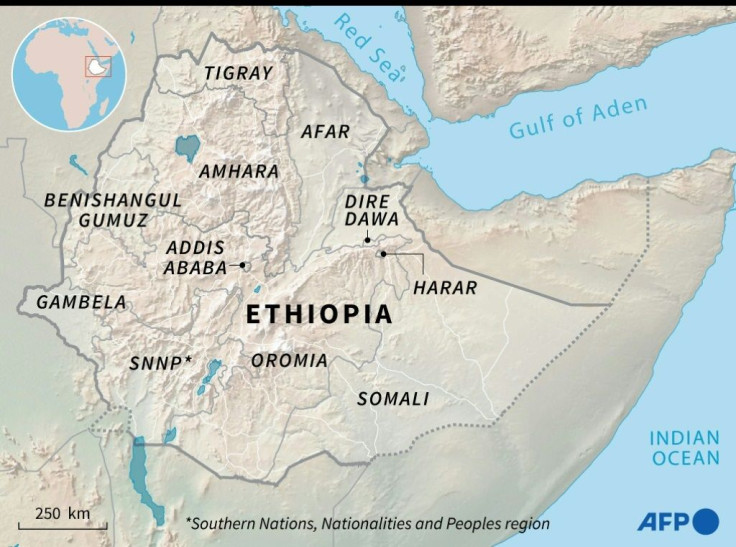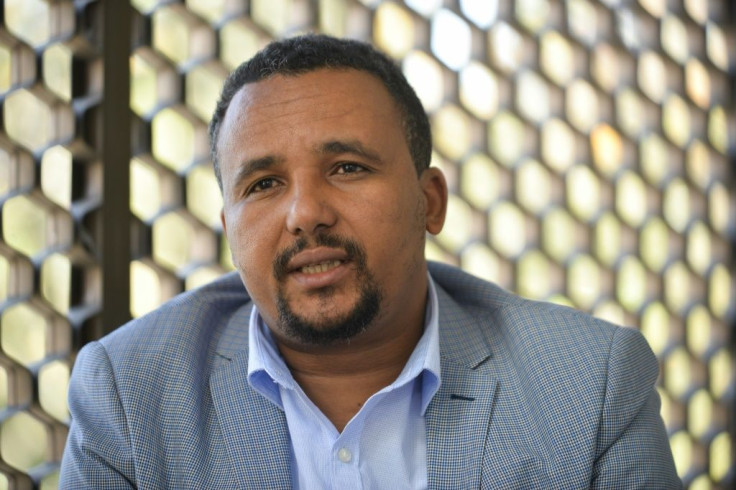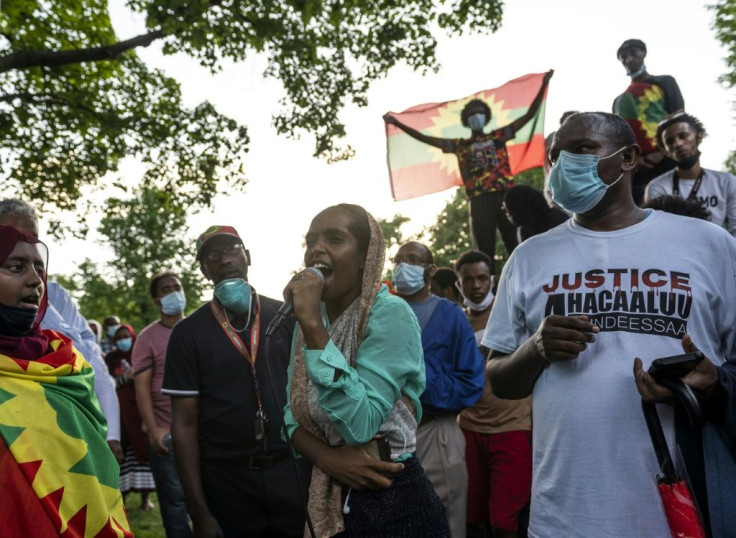Ethiopian Opposition Politician Held As Protests Continue
Ethiopia police were on Wednesday detaining leading opposition politician Jawar Mohammed, a move that risks inflaming ethnic tensions that have led to multiple deaths during protests in the capital and surrounds.
The capital Addis Ababa was rocked by a second day of protests which erupted on Tuesday following the killing of Hachalu Hundessa, a popular Oromo singer who was gunned down Monday night.
At least eight people have been killed, according to an AFP tally, in the Oromia region which surrounds Addis Ababa and is the heartland of the country's largest ethnic group, the Oromo.
Jawar, a former media mogul who recently joined the opposition Oromo Federalist Congress, was arrested in Addis Ababa along with 34 other people, federal police commissioner Endeshaw Tassew said in a statement late Tuesday.

Endeshaw said that as Hachalu's body was being transported to his native town of Ambo for burial, Jawar and his supporters intercepted it and tried to return it to Addis Ababa, where a clash ensued.
"There was a disturbance between federal security forces and others, and in the process one member of the Oromia special police force was killed," Endeshaw said.
"The security forces have taken eight Kalashnikovs, five pistols and nine radio transmitters from Jawar Mohammed's car," he said of the arrest.
The Oromo Media Network -- which was founded by Jawar before he left to become a politician -- reported there was a call for mass protests until he and the others were released.

The internet remained cut off for a second day in a government bid to curb the unrest.
In October, reports that the government was attempting to remove Jawar's security detail kicked off days of violence that left more than 80 people dead.
Hachalu's music gave voice to Oromo feelings of marginalisation that were at the core of years of anti-government protests that swept Prime Minister Abiy Ahmed to power in 2018.

The motive for his killing has not been identified, but police have said "some suspects" have been arrested.
In Addis Ababa -- where protesters grouped at several points around the city -- security forces on Wednesday fired into the air to disperse demonstrators who were approaching a statue of Emperor Menelik II, widely seen as the creator of modern-day Ethiopia.
Oromo nationalists see Menelik as a driving force behind their perceived marginalisation, and Hachalu called earlier this month for the statue to be pulled down.
On Tuesday protesters in Harar in eastern Ethiopia pulled down a statue of Ras Mekonnen, the father of Emperor Haile Selassie, a doctor in the city told AFP on condition of anonymity, also reporting the death of one person during protests.
In the town of Nekemte in western Ethiopia, a doctor at the Wollega University Hospital, Negeo Tesfye, told AFP: "Yesterday there was a clash between protesters and local police, three people were then shot by regional special forces. Two of those people died."
"Currently everything is closed down, there is no transportation, people are not moving around," he said.
Medical sources and relatives on Tuesday reported three deaths in central Adama, and another in Western Hararge.
Federal police said several people had also been killed during three grenade attacks in the capital, without giving exact figures.
Ethiopia, an ethnic melting pot of 100 million people, has battled deadly intercommunal tensions in recent years, a major threat to efforts by Prime Minister Abiy Ahmed -- himself an Oromo -- to bring about democratic reforms in a country long ruled with an iron fist from Addis Ababa.
"The assassination of an important Oromo musician, subsequent protests which have in places involved property destruction and security forces using lethal force, and the arrest of Oromo leaders, creates a dangerous situation and is another blow to Ethiopia's troubled transition," said William Davison, an analyst with the International Crisis Group.
© Copyright AFP 2024. All rights reserved.





















